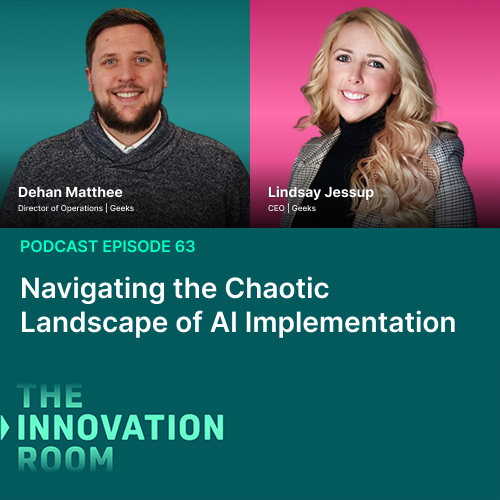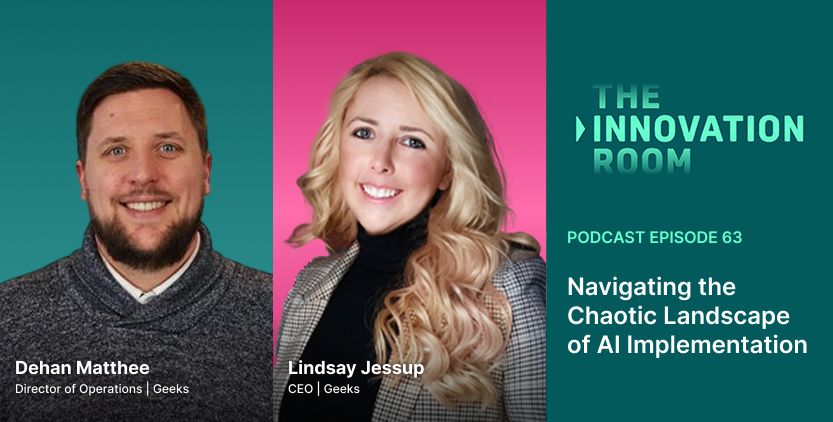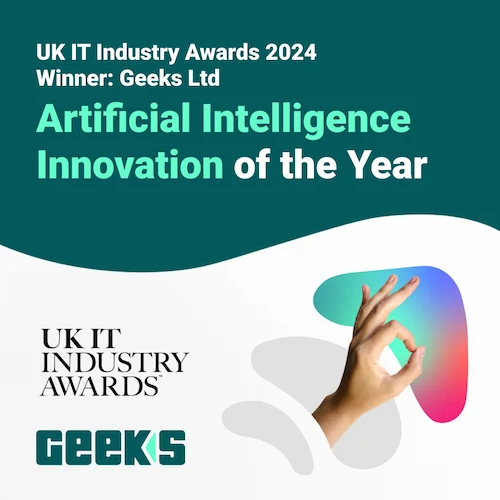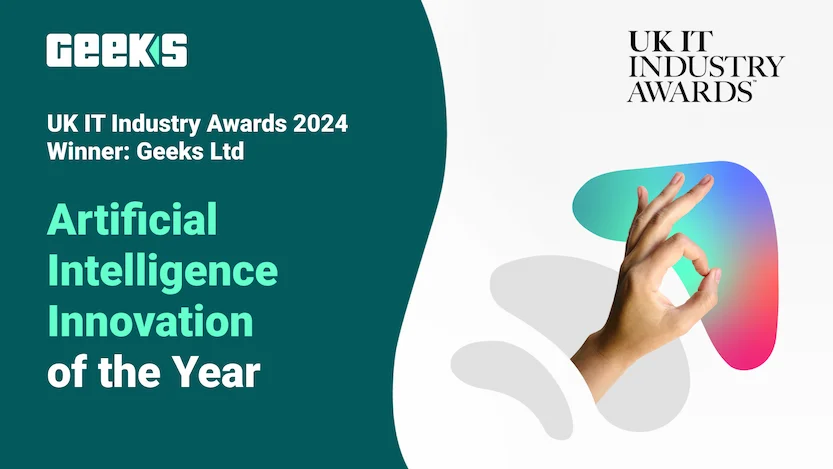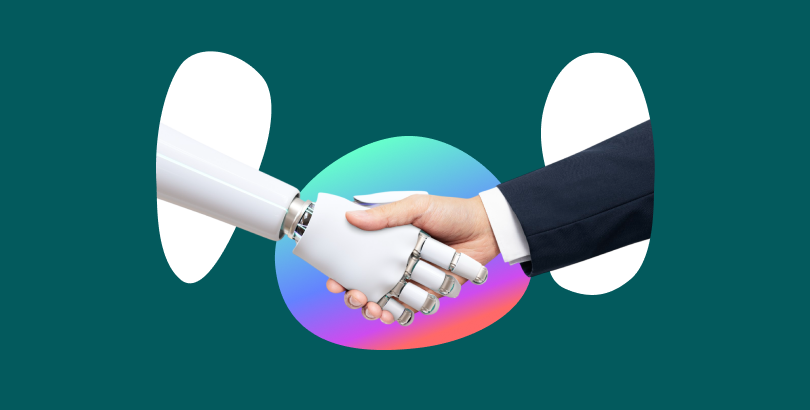
AI agents vs traditional automation: Understanding the key differences
Ever feel like your business is stuck in the slow lane while the competition zooms ahead? You’re not alone. In today’s fast-paced market, staying competitive means embracing technology that can keep up with the speed of change. But with so many options out there, it’s easy to get lost in the jargon and end up with a solution that doesn’t quite fit.
That’s where understanding the difference between AI agents and traditional automation comes in. It’s not just about picking a tool; it’s about choosing the right partner for your business’s journey. Traditional automation is like a trusty old bicycle, it gets you from A to B, but it’s limited to the path you’ve set. AI agents, on the other hand, are more like a self-driving car, learning the roads, adapting to traffic, and even suggesting faster routes.
In this guide, we’ll unpack the key differences between AI agents and traditional automation, explore why it matters for your business, and show you how AI agent development can be your ticket to staying ahead. Let’s dive in.
Key differences in digital automation
Imagine you’re running a customer service team. With traditional automation, you’ve got a chatbot that answers FAQs based on pre-set rules. It’s efficient for the basics, think “What are your opening hours?”, but the moment a customer asks something off-script, it’s stumped. That’s the train on a fixed track: reliable but rigid.
Now, picture an AI agent in the same role. It doesn’t just follow a script; it learns from every interaction. If a customer asks about a product in a way it hasn’t heard before, it can infer intent, pull from past data, and even gauge sentiment to tailor its response. It’s not just answering questions; it’s building relationships. That’s the self-driving car, navigating new terrain with ease.
Here’s the crux:
- Traditional automation: Rule-based, predictable, and great for repetitive tasks. It’s your go-to for consistency but struggles with complexity.
- AI agents: Adaptive, intelligent, and capable of learning. They handle dynamic challenges, making decisions in real-time based on data.
For business leaders, this means traditional automation can streamline operations, but AI agents can transform them. It’s the difference between cutting costs and creating new opportunities.
Practical solutions for digital transformation
So, how do you choose the right approach for your business? It starts with knowing your goals. Are you looking to automate routine tasks, or do you need a system that can evolve with your market?
Here’s a quick checklist:
- Use traditional automation if: You have clear, repetitive processes that rarely change. Think payroll processing or basic customer queries.
- Use AI agents if: You need flexibility and learning. For example, personalising marketing campaigns, predicting supply chain disruptions, or handling complex customer service issues.
But it’s not always black and white. Many businesses benefit from a hybrid approach, using traditional automation for the basics and AI agents for the heavy lifting.
Consider a mid-sized retailer. They might use traditional automation to manage stock levels but struggle with unpredictable demand spikes. By integrating AI agents, they could predict trends based on social media buzz, weather forecasts, and local events, keeping shelves stocked and customers happy.
The key is alignment. Your technology should mirror your ambitions. And with bespoke AI agent development, you can tailor solutions that fit like a glove, ensuring you’re not just keeping up but leading the pack.
The future of intelligent automation
Let’s gaze into the crystal ball. The future of automation isn’t just about doing things faster; it’s about doing things smarter. AI agents are set to become your business’s co-pilots, anticipating needs, and making decisions in real-time.
Imagine:
- Hyper-personalisation: AI agents crafting unique customer experiences on the fly, from tailored product suggestions to dynamic pricing.
- Predictive operations: Systems that forecast market shifts, adjust supply chains, and even preempt customer complaints before they happen.
- Autonomous decision-making: AI agents handling complex negotiations or optimising logistics without human input, freeing your team for strategic thinking.
For business leaders, this is both exciting and daunting. The companies that embrace AI agent development now will be the ones shaping tomorrow’s market. It’s not about replacing humans; it’s about amplifying their impact.
Final thoughts on automation choices
In the race to stay competitive, choosing the right automation solution is crucial. Traditional automation has its place, it’s the sturdy foundation that keeps your operations running smoothly. But if you want to innovate, adapt, and grow, AI agents are your rocket fuel.
Here’s the takeaway:
- Traditional automation: Best for routine, predictable tasks.
- AI agents: Ideal for dynamic, complex challenges that require learning and adaptation.
By understanding the difference between AI agents and automation, you can make informed decisions that drive efficiency, boost ROI, and keep your business agile. And if you’re ready to explore the next frontier, AI agent development is your gateway to a smarter, more resilient future.
Ready to lead the charge? Discover how our AI agent development services can transform your business. Let’s build something brilliant together.




